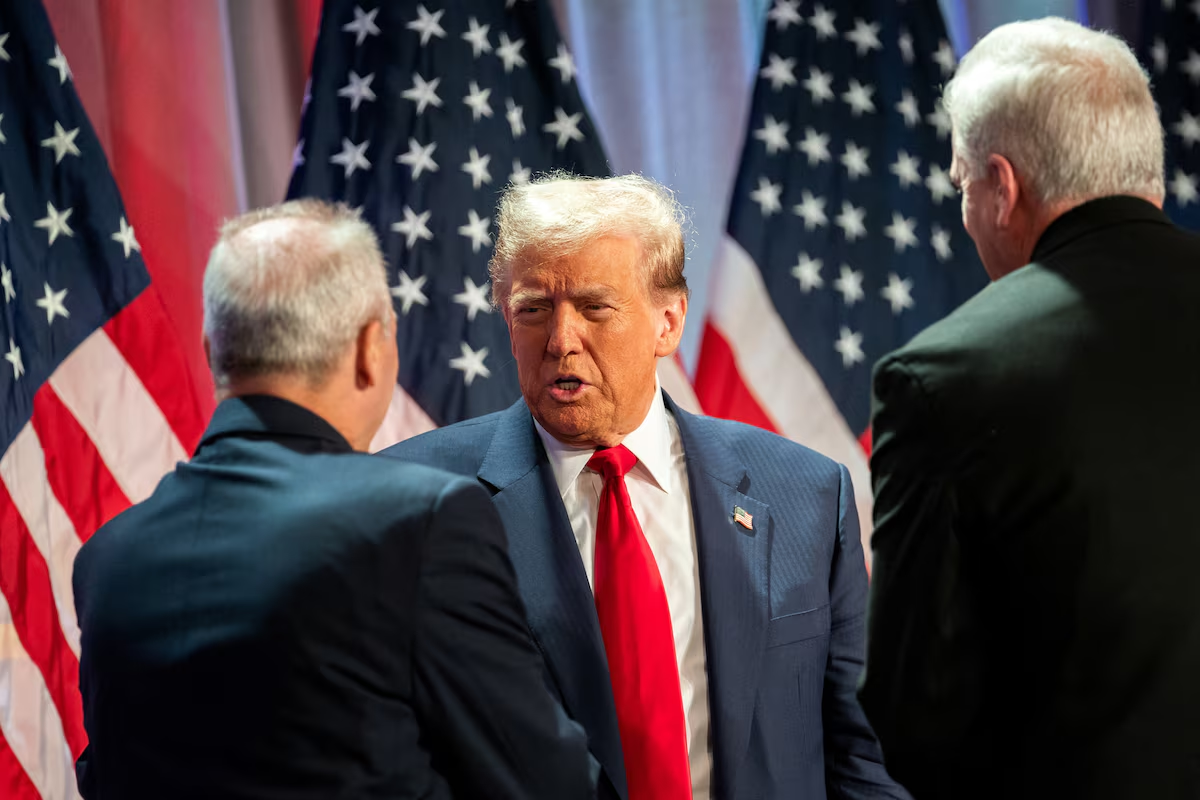A second U.S. federal court has intervened against President Donald Trump’s executive orders targeting prominent law firms, marking another legal setback for his administration’s efforts to penalize firms linked to cases involving him.
On Friday, March 28, 2025, Judge John Bates of the U.S. District Court for the District of Columbia granted a temporary restraining order and injunction against key provisions of Trump’s executive order titled “Addressing Risks from Jenner & Block.” This ruling follows Judge Richard Leon’s earlier decision the same day to block a similar order aimed at Wilmer Cutler Pickering Hale and Dorr LLP (WilmerHale).
Judge Bates’s order specifically enjoins the federal government from enforcing Sections 3 and 5 of the executive order, which sought to compel government contractors to terminate agreements with Jenner & Block LLP and prohibit the firm from accessing federal officials, buildings, and employment opportunities. Additionally, the judge barred officials from using statements in Section 1 of the order—containing unverified allegations of partisan bias, racial discrimination, unethical conduct, and threats to national security—when interacting with the firm or its clients.
Unlike Judge Leon’s ruling, which included a discussion of his reasoning, Judge Bates’s order solely provides directives, instructing federal agencies, including the Department of Justice, to “suspend and rescind” all efforts to implement or enforce the contested provisions. The order also mandates that officials report by noon on Monday on steps taken to comply with the court’s directives.
The court remained silent on Section 2 of the executive order concerning security clearances, an issue Judge Leon also declined to address in the WilmerHale case.
Trump’s legal maneuvers against major law firms have sparked significant concerns over judicial independence and the rule of law, with some viewing them as retaliatory actions for these firms’ involvement in legal proceedings against him. Another targeted firm, Perkins Coie LLP, similarly secured a judicial block against Trump’s order.
Meanwhile, Paul, Weiss, Rifkind, Wharton, and Garrison LLP avoided legal confrontation by agreeing to dismantle its diversity, equity, and inclusion (DEI) initiatives, undergo an employment audit, and provide pro bono legal services supporting Trump’s causes—leading Trump to withdraw his executive order against the firm.
These developments underscore escalating legal battles over Trump’s efforts to curtail the influence of major law firms and their involvement in politically sensitive litigation.

